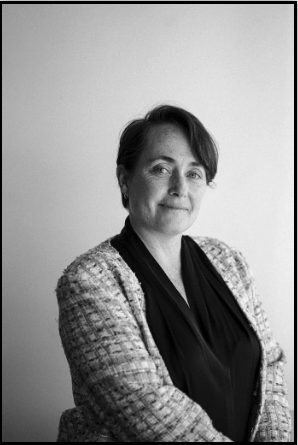Cognitive behavioral therapy is an approach to treatment that can benefit a wide array of people suffering from mental health disorders. The best method of treatment is one that is designed to fit your needs. Learn more about cognitive behavioral therapy to determine if it is a good fit for your needs and condition.
Cognitive behavioral therapy, or CBT, is a common form of psychotherapy designed to treat various mental health disorders. In modern treatment, cognitive behavioral therapy is considered to be the standard form of talk therapy.
Cognitive behavioral therapy focuses on identifying negative thoughts and feelings that can often lead to destructive or unhealthy behaviors. By reframing these negative emotions in new, objective ways, therapists can promote positive behavioral change in the future.
CBT may be the only type of therapy a person receives, or it may be combined with other forms of treatment. Although cognitive behavior therapy is an effective tool in treating various mental health disorders, people without a mental health condition can also find treatment helpful. CBT can still help people who may not suffer from a chronic mental health condition but find themselves in relationship problems or dealing with anxiety due to work or school.
In most cases, CBT is a short-term treatment solution. Treatment plans are usually designed to have a specific end date, usually a few months after treatment starts. On average, cognitive behavioral therapy will consist of 16 one-on-one sessions. However, it is up to both the patient and the therapist if treatment should continue past that mark.
Depending on the situation and the condition, patients should continue additional therapy after the CBT treatment process has ended.
Cognitive behavioral therapy is a goal-oriented approach to treatment. At the start of the process, the therapist and the patient will need to discuss the treatment’s end goal. Possible end goals could include developing coping skills, reducing symptoms associated with anxiety or depression, or attempting to eliminate a specific destructive behavior.
As with any form of psychotherapy, results are based on a process. Expecting immediate results from any type of therapy is setting a patient up for disappointment. When entering into a CBT treatment program, both the client and the therapist must be open and upfront about what they are attempting to achieve and what to expect.
Depending on the condition being treated, a therapist may engage in exposure therapy. Exposure therapy works by gradually increasing the amount of exposure a person has to something they are afraid of or makes them uncomfortable. This can be a helpful practice in the treatment of phobias or anxiety disorders.
Role-playing exercises can be a beneficial tool in helping people learn how to regulate their emotions and teach coping skills for real-world situations. Role-playing exercises allow the client to explore how different reactions can cause situations to play out differently. This approach can help people with personality disorders, anger issues, anxiety, or other conditions that may affect personal interactions.
A cognitive behavioral therapist will often work to make sure the lessons of therapy are being carried on outside the office. A client may be asked to list examples of times they used positive skills or lessons learned in treatment in the real world. Therapists may also assign “homework” to increase the development of healthy behavior and coping skills.
Cognitive behavioral therapy can be used to treat a wide array of different mental health disorders. Some conditions that CBT can help include:
However, not everyone who benefits from cognitive behavioral therapy is suffering from a mental health disorder. CBT can help people develop techniques to handle stressful situations at work or home better, build stronger relationships, and manage their emotions in healthier ways.
People attempting to overcome trauma or abuse can also be significantly aided by a cognitive approach to treatment. If someone is dealing with grief or loss or trying to cope with a medical diagnosis, CBT remains an option as well. Because cognitive behavioral therapy works to reframe an individual’s thoughts and feelings, it is catered to that person. Therefore, most people will be able to receive some level of benefit from CBT.
At AM Health Care, we are to help you deal with your mental health in any way possible. We believe in designing a treatment plan that precisely suits your condition and your needs. Mental health disorders can be disruptive and potentially dangerous when left untreated, so there is no reason to wait any longer. Please call us today at 818-383-1297 to learn more about how we can help you and potential treatment options.

